REVIEW: ‘Belfast’
In the opening of this picture, color lets us in on a little secret: we’re momentarily shown the beautiful city of Belfast’s true majestic hues as a contrast to what we’re about to witness throughout the rest of the film in the hellish warzone that was Belfast in 1969 (cleverly shot in black and white).
Kenneth Branagh brings to us his new film “Belfast,” the story of a young boy named Buddy and his working class family as they struggle their way through the thundering late 60s in their hometown of Belfast, Ireland.
The cast consists of Jamie Dornan, Caitorina Balfe, Ciarán Hinds, Judi Dench, and newcomer Jude Hill, who are all tasked with bringing to life this stirring tale that is partially based on Branagh’s own childhood.
For starters, every single one of the actors are spectacular, to the point where it felt like I was no longer watching a movie, but a documentary. The standout was, hands down, Jude Hill. It is baffling to me that this was his first big picture, as he is Oscar-worthy here. Initially, I was concerned this little 9-year-old boy wouldn’t be able to pull off some of the more dramatic sequences. Not only did he pull them off, he made it all feel so incredibly real.
There is a scene where Buddy and his family are discussing whether or not they should leave their home, and he starts breaking down and crying and screaming that he does not want to leave Belfast. It hit me hard on a very personal level, as I have felt that same frightened feeling when my parents moved us overseas to Asia.
Ciarán Hinds, who plays Buddy’s grandfather, is also amazing, and the relationship between the two is so heartwarming and profoundly realistic that it was quite hard to believe all of it was just a performance.
Similar to “Last Night in Soho,” the use of a lively soundtrack is juxtaposed with the dark themes of the movie. Scenes where there are moments of unyielding pressure or total despair for the adult characters are interrupted by upbeat and cheerful music, which is due to the fact that this movie is told almost entirely from Buddy’s perspective. The music captures the mentality of youthful detachment masterfully. The themes of blissful ignorance are etched into every frame of every scene with the song choices. They allow us to feel empathy for our protagonist due to the fact that we can — all of us — recall at least once in our lives where times were hard, but our youthful innocence allowed us to turn a blind eye. Some may find these moments of audio-visual contrast irritating and out of place, to which I say, “Where’s your imagination, people?”
The way in which Branagh plays with color should also not go unnoticed. As I said at the top, the opening shot shows modern day Belfast in color, and this is not the only time color is featured. The film is purposefully shot entirely in black and white, but there’s a moment when Buddy and his family are sitting in a theater watching a movie, and another when they’re enjoying a stage play, and the movie shown as well as the actors on the stage are in full color while everything else around them has none. This is pure genius. It shows how things like movies and theatre are bright spots during dark and difficult times. In Branagh’s case, considering how he pursued a career in both, this aspect seems to be a very personal reflection of himself.
To be quite frank, to me this film is a masterpiece. The only thing that barely (and I mean barely) vexed me was Branagh’s choice to shoot extreme close ups of actors’ faces a couple times, which felt a bit awkward. Yet while this was happening, the actors’ performances were so riveting that the uncomfortable feeling quickly evaporated.
“Belfast” is now playing in select theaters, and I recommend that all my readers go support one of the two best films of the year so far (right next to Michael Sanorski’s “Pig”). This tale of youthful hope, and finding joy and comfort even in the darkest of times, is (and I think I speak for everyone) a necessity considering the state of things today.
Jury declares: A+

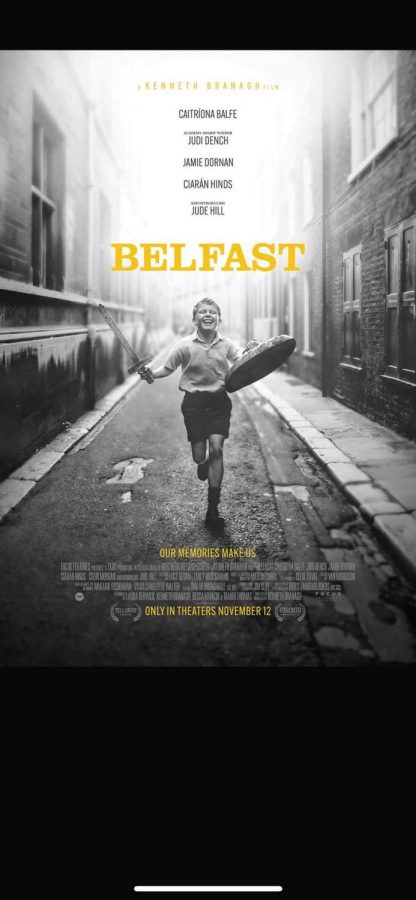
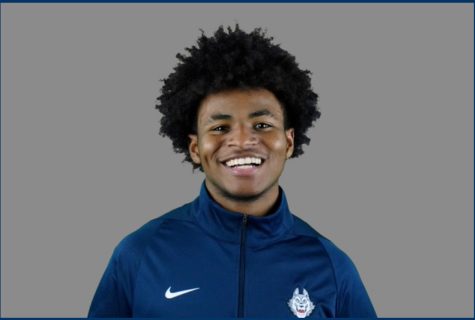

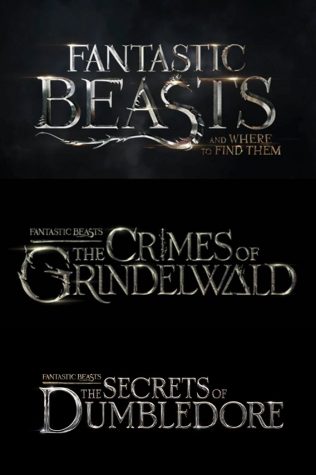
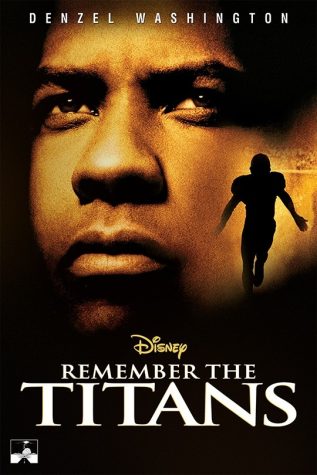

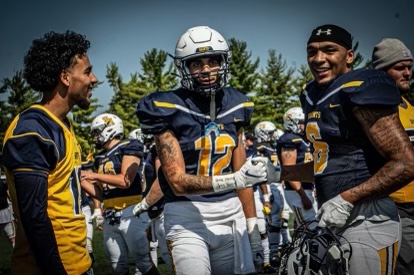
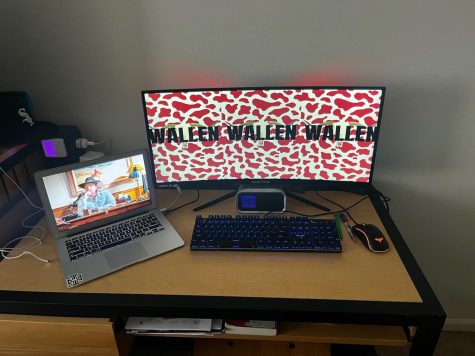
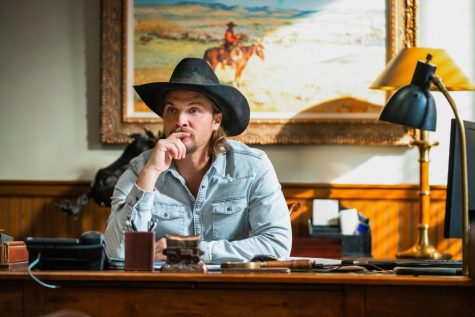

Evonnie T. Gbadebo • Dec 3, 2021 at 9:11 am
An excellent review of an excellent film! The closeup shots of characters’ faces showed the rawness of their love and concern for each other. I cried when the Judy Dench character said farewell to her son and his family.